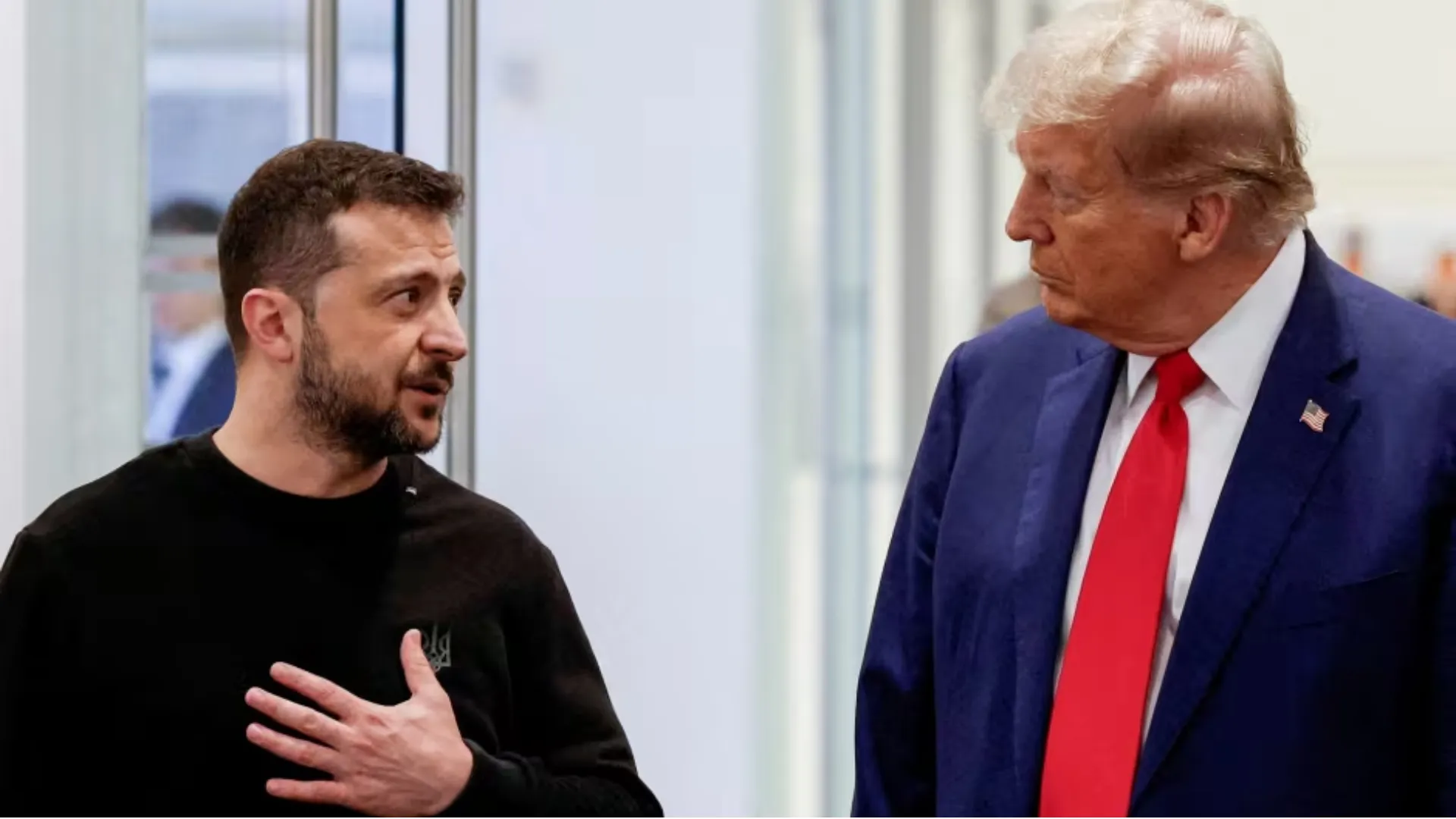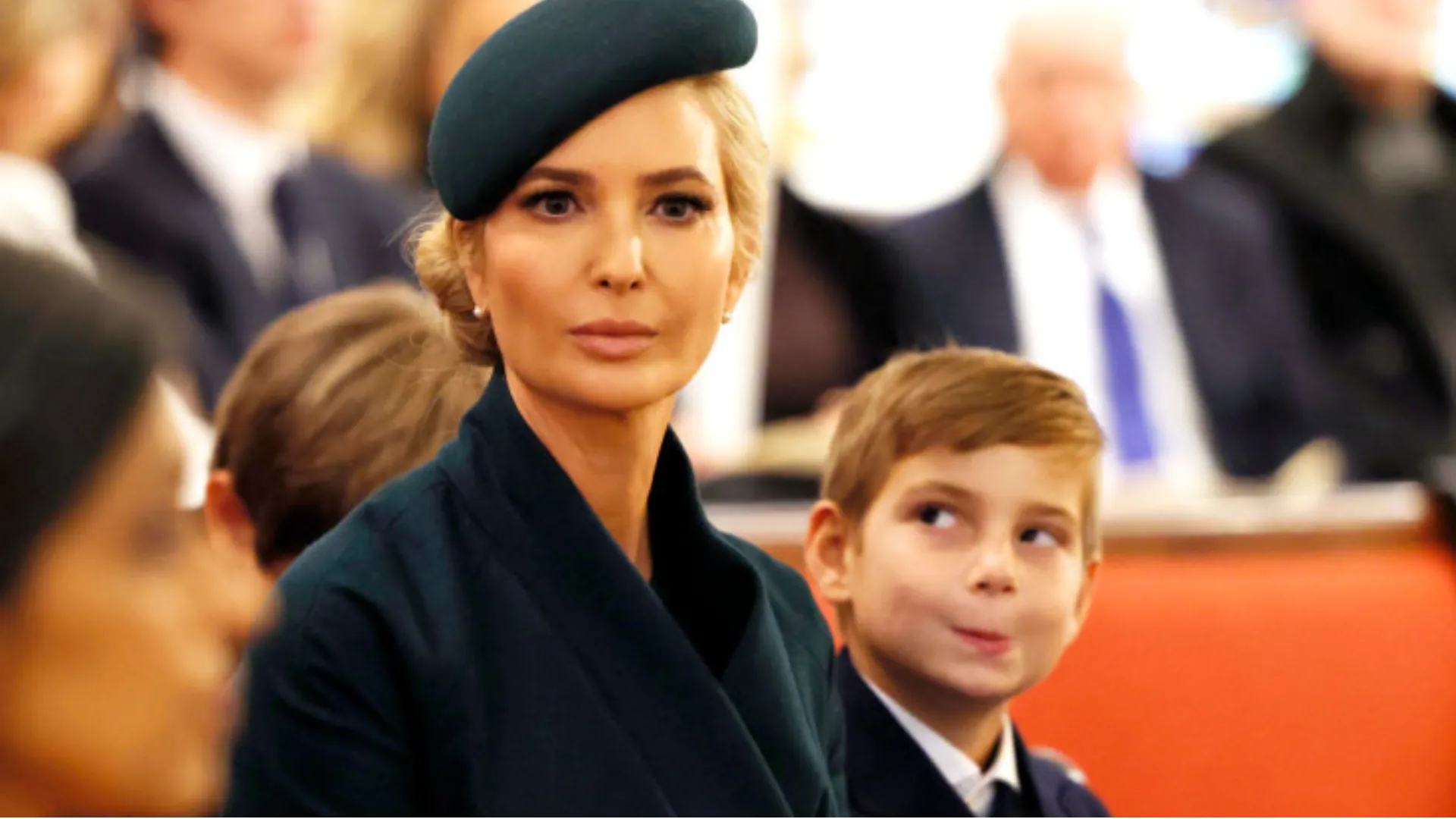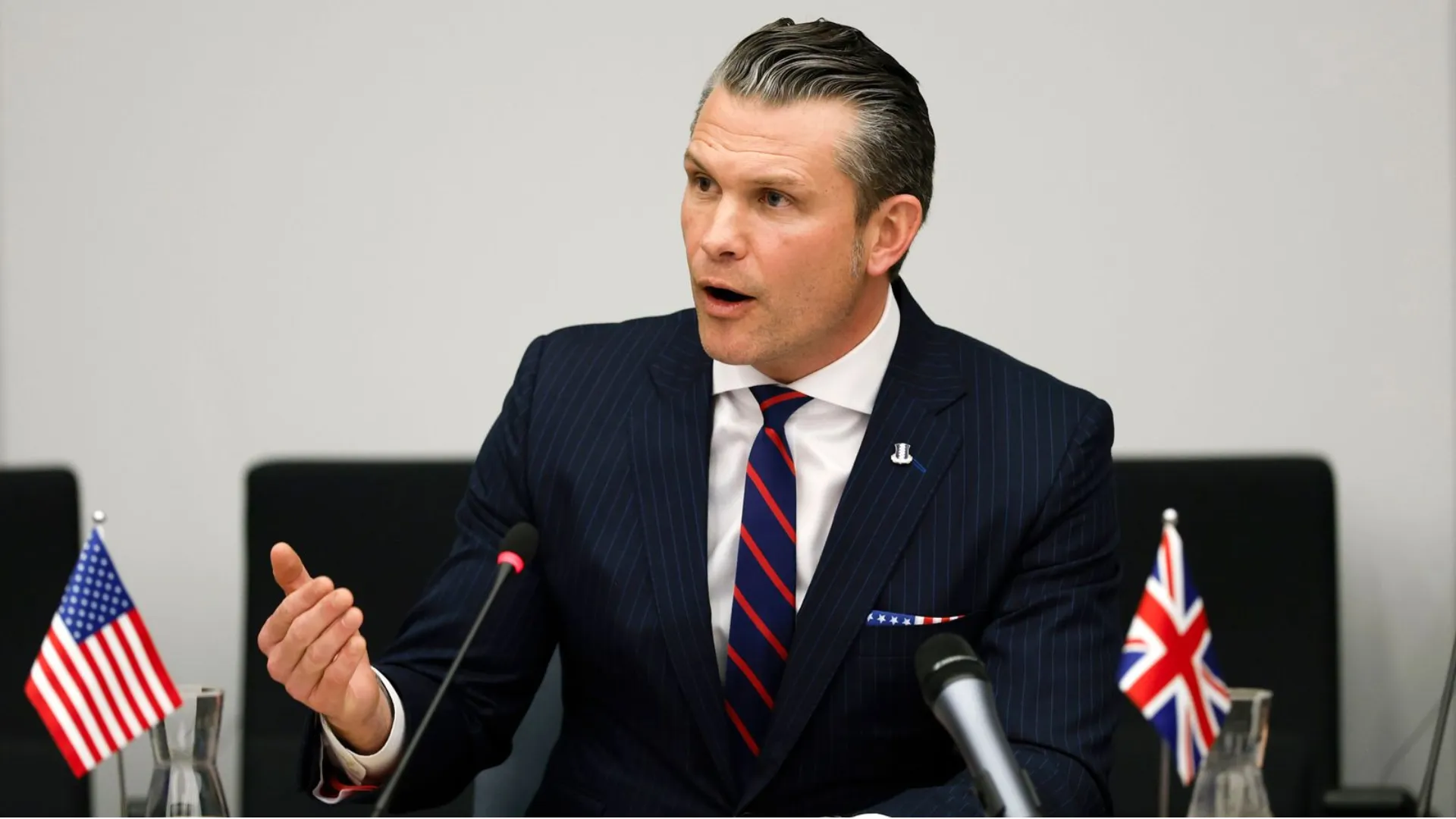
CNN anchor Dana Bash issued a rare on-air rebuttal Monday after President Donald Trump, speaking from the Oval Office during a meeting with El Salvador's President Nayib Bukele, accused the network of withholding positive news about his administration and doing so out of “hatred for the country.”
The latest volley in Trump’s long-standing feud with CNN came during an exchange that, on its surface, was about immigration numbers. But as has become characteristic of Trump's interactions with the press, it quickly veered into accusations of media bias, loyalty, and patriotism.
“Well, they get out … but the fake news,” Trump said, turning toward the gathered press corps and gesturing at CNN’s camera. “CNN over there, doesn’t want to put them out because they don’t like putting out good numbers … because I think they hate our country. It’s a shame, really.”
The moment, while brief, instantly grabbed attention as a fresh example of the president’s ongoing war with major media outlets—and with CNN in particular. The network, which has been a frequent target of Trump’s ire since his first presidential campaign in 2016, cut away from the broadcast shortly after his remarks.
Dana Bash, one of CNN’s most respected and longest-serving anchors, swiftly addressed the president’s accusations.
“I just want to say for the record … CNN does not hate our country,” Bash said during a segment that followed the Oval Office feed. “That should go without saying. I’ve been here for 32 years. And I see a rhetorical device in him trying to say such a thing. That said, I want to focus on the news that we heard.”
It was a firm, measured response, delivered with the calm authority of a journalist who has weathered years of political tumult and knows when a line has been crossed. Her words also signaled a moment of frustration—not only at the president’s insult, but at the regularity with which members of the press find themselves defending the very foundation of their profession.
Trump’s latest remarks are part of a familiar pattern that dates back to the early days of his political career. CNN, along with other major outlets like The New York Times and The Washington Post, has long been cast by Trump as part of a “fake news” conspiracy determined to undermine his presidency.
In campaign rallies, social media posts, and press events, Trump has regularly accused CNN of bias, dishonesty, and even treason. In return, the network has held firm, continuing to report critically on his policies, rhetoric, and legal troubles.
While tensions flared periodically throughout Trump’s first term, they briefly simmered down in 2023 when Trump appeared on CNN for a televised town hall as part of his preparations for a second presidential run.
The event was controversial, with some critics arguing the network gave Trump a platform to spread misinformation. Others saw it as a legitimate attempt to hold a major candidate accountable in a public forum.
But whatever détente may have existed at that time has since evaporated. In recent months, Trump has returned to form, attacking CNN as emblematic of the “fake news media,” a phrase he’s used to delegitimize critical coverage.
Dana Bash’s response stood out precisely because it was so rare. CNN anchors and correspondents generally avoid direct rebuttals to Trump’s rhetoric during live broadcasts, preferring to keep the focus on news and analysis.
But in this case, the nature of the attack—accusing an entire news organization of hating the country—appeared to demand a correction.
“I’ve been here for 32 years,” Bash emphasized. “We don’t hate our country. We work hard every day to report the news accurately, no matter who’s in power.”
Her words were echoed by others within the network, including White House correspondent Kaitlan Collins, who later in the same press event was on the receiving end of another Trump jab. When she attempted to question him on immigration enforcement and the accuracy of deportation statistics, Trump again lashed out.
“You people don’t want the truth,” he said, before pivoting into another critique of CNN’s alleged bias.
Collins maintained her composure, continuing her line of questioning, but the exchange further highlighted the friction between the Trump White House and the media that covers it.
Trump’s remarks about CNN are not just personal—they’re political. By casting the media as adversaries of the American people, he reinforces a narrative in which his administration alone represents the country’s true interests.
It’s a rhetorical strategy with roots in populist movements around the world, and one that has been repeatedly condemned by press freedom advocates.
When a sitting president accuses journalists of hating the country, the implications are serious. Such statements can foster mistrust, encourage hostility toward reporters, and embolden others to dismiss factual reporting as partisan attacks.
Over the years, this pattern has contributed to a deeply divided media landscape, in which truth itself has become politicized.
According to press freedom watchdogs, this environment has had real consequences. Journalists have faced increased harassment online, threats of violence, and a growing skepticism from parts of the public who view them not as neutral observers but as partisan actors.
Trump’s critics say that his rhetoric is designed to erode faith in institutions—from the judiciary to the intelligence community to the press—so that he can shape reality according to his own narrative. By undermining trust in journalists, they argue, he weakens the public’s ability to hold power accountable.
The backdrop to the Oval Office exchange was a conversation about immigration enforcement, particularly Trump’s claim that his administration has significantly increased deportations. President Nayib Bukele of El Salvador asked why Trump’s deportation figures were not receiving more positive coverage.
“They get out … but the fake news,” Trump replied, motioning to the reporters. “CNN over there doesn’t want to put them out because they don’t like putting out good numbers.”
The claim itself is difficult to verify. The Trump administration has made several announcements about increased deportations and border enforcement, but independent analyses have shown that some of these claims are inflated or misleading.

Under Trump’s second term, immigration enforcement has expanded in scope, but whether it has resulted in record-breaking deportation numbers remains a subject of debate.
The White House has also faced criticism for lack of transparency, making it difficult for journalists to access accurate data. Press briefings are less frequent, agency spokespeople are harder to reach, and official statistics are often delayed or incomplete.
In such an environment, blaming the media for failing to report “good news” becomes a convenient diversion.
For many viewers, Dana Bash’s response served as a necessary moment of journalistic self-defense. As the host of CNN’s “Inside Politics,” and a veteran of countless election nights, debate nights, and breaking news events, Bash has built a reputation for calm, balanced reporting.
Her decision to speak out was not only a defense of CNN, but of the broader journalistic mission. In an era of spin, scandal, and soundbites, Bash reminded viewers that most reporters are not activists, partisans, or operatives—but professionals who take their responsibility seriously.
“There are plenty of disagreements over how news should be covered,” she said. “But one thing is certain: accusing a news organization of hating America is not criticism. It’s propaganda.”
Bash’s colleagues applauded her statement, and several media figures outside CNN voiced their support on social media. “Dana Bash is exactly right,” wrote one veteran reporter. “You can disagree with the press, but these attacks on their patriotism are dangerous and wrong.”
The Trump administration has not issued a formal response to Bash’s comments, but a senior aide defended the president’s remarks during a press gaggle later in the day.
“The president is frustrated that the media, including CNN, spends more time criticizing him than reporting the facts,” the aide said. “He believes in transparency and accountability, but also believes the American people deserve to know when things are going well.”
That defense did little to calm tensions, especially among those who see the president’s media attacks as part of a larger campaign to delegitimize dissent and consolidate power.
As the 2026 midterms approach and Trump’s administration continues to make sweeping changes to domestic and foreign policy, the relationship between the press and the presidency remains as fraught as ever.
The stakes are high. With misinformation rampant and partisan divides deepening, the role of journalists as watchdogs has never been more critical.
CNN’s decision to cut away from Trump’s remarks, and Bash’s firm rebuttal, represent more than just an editorial choice—they’re a stand for integrity in a time when the truth is under assault.
“If we don’t speak up when we’re accused of hating our country,” Bash said, “then we cede the narrative to those who would rather silence us than answer our questions.”
Her words resonated well beyond the CNN studio. They served as a reminder that in a democracy, the press is not the enemy of the people—it’s one of their greatest protections.






